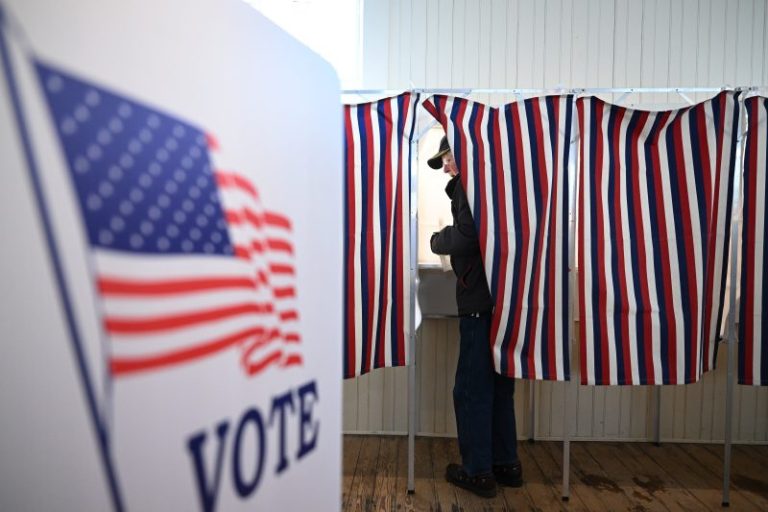The Electoral College vs. The National Popular Vote Plan: A Battle for Electoral Reform
Origins and Purpose of the Electoral College
The Electoral College has been a cornerstone of the United States’ presidential election process since the inception of the Constitution. The founding fathers of the nation devised this system as a compromise between having the President elected by Congress or by a popular vote. The primary intent was to ensure a balance between the will of the people and the interests of individual states within the Union.
Despite its historical significance, the Electoral College has faced criticism over the years for being undemocratic and prone to distortions in the will of the majority. This criticism has grown louder in recent times, especially after the controversial outcomes of the 2000 and 2016 presidential elections, where the popular vote winner did not secure the presidency due to the Electoral College results.
The National Popular Vote Plan: A Challenge to the Status Quo
In response to these concerns, the National Popular Vote Plan has emerged as a potential alternative to the Electoral College system. The plan seeks to reform the presidential election process by ensuring that the candidate who wins the national popular vote is guaranteed the presidency.
Under the National Popular Vote interstate compact, participating states agree to award all their electoral votes to the candidate who wins the popular vote nationwide, regardless of the individual state’s outcome. This approach aims to eliminate the possibility of a candidate winning the presidency without securing the majority vote of the people.
Challenges and Controversies Surrounding the National Popular Vote Plan
While the National Popular Vote Plan offers a compelling solution to address the perceived flaws of the Electoral College, it has faced its fair share of challenges and controversies. One of the primary concerns raised by critics is the potential for increased focus on densely populated urban areas at the expense of rural and less-populated regions.
Proponents of the Electoral College argue that the current system provides a voice to smaller states and prevents presidential candidates from concentrating solely on high-population areas during their campaigns. They contend that switching to a national popular vote would marginalize the interests and concerns of less populous states, ultimately weakening the country’s federalist principles.
The Future of Electoral Reform in the United States
The debate between the Electoral College and the National Popular Vote Plan underscores a fundamental tension in American democracy between the principles of majority rule and federalism. While both sides present valid arguments for and against their preferred system, the ultimate goal remains to ensure a fair and representative electoral process that accurately reflects the will of the people.
As calls for electoral reform continue to grow, it is essential for policymakers and citizens alike to engage in meaningful dialogue and explore potential solutions that uphold the core values of democracy while addressing the shortcomings of the current system. Whether through amendments to the Electoral College or the adoption of the National Popular Vote Plan, the pursuit of a more equitable and transparent electoral process is a shared responsibility that requires careful consideration and deliberation.



